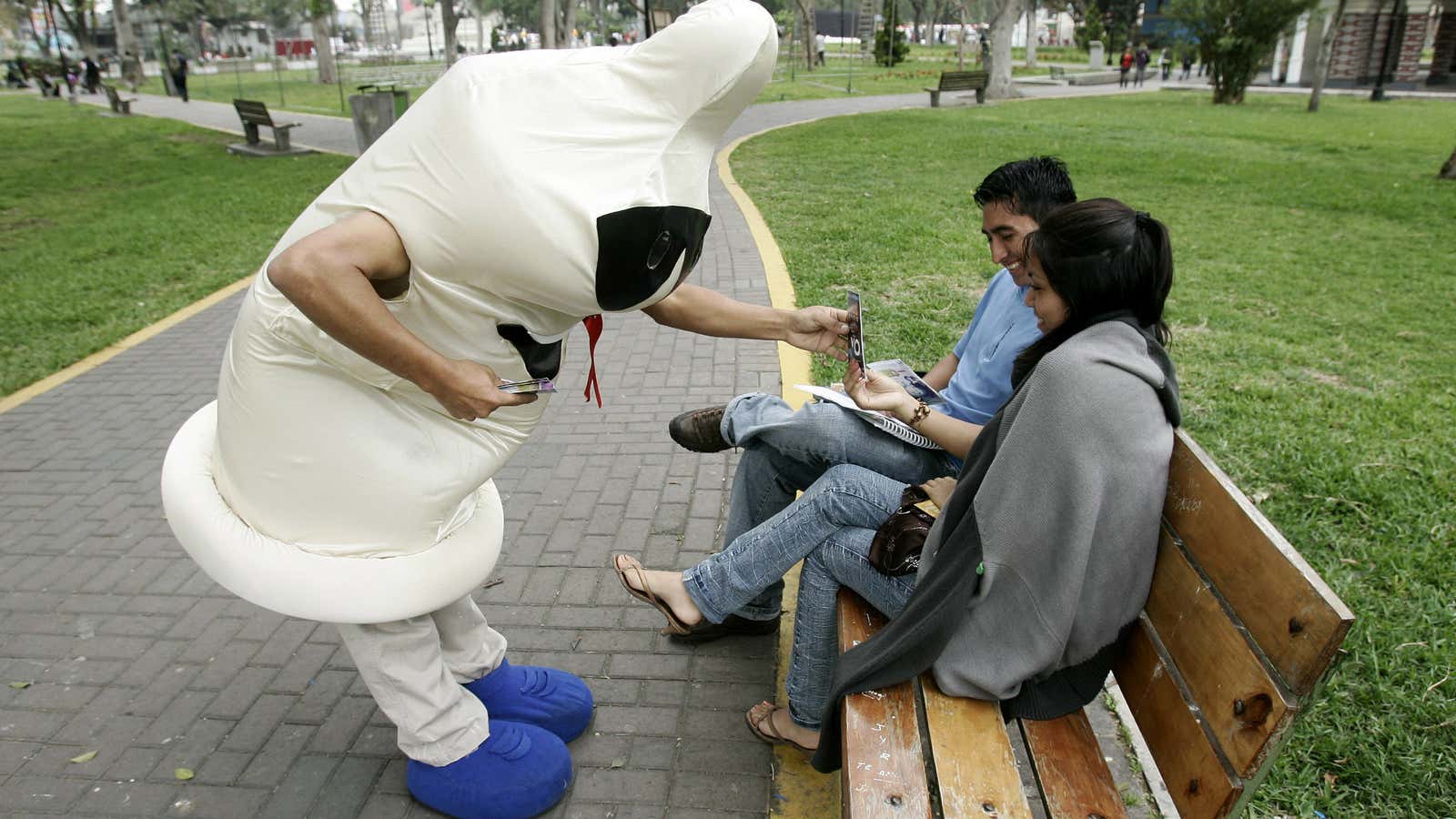Plunk that box of condoms on the counter and look the cashier in the eye with pride—today is the 45th anniversary of legal access to birth control for single people in the US!
The US Supreme Court’s March 22, 1972 decision in Eisenstadt v. Baird struck down a Massachusetts law prohibiting the distribution of contraception to unmarried people. It was also one of several key cases establishing the right to privacy, a topic of ongoing debate in the US that resurfaced at Supreme Court nominee Neil Gorsuch’s confirmation hearings this week.
Though birth control was widely available in the US by the 1930s, laws prohibiting the sale, distribution, and even possession of contraception lingered on the books in some states. In 1965, the Supreme Court struck down a Connecticut law banning birth control, under the argument that the Bill of Rights contained an implicit right to privacy—in this case, marital privacy.
The ruling didn’t cover unmarried people. So in 1967, when activist William Baird passed out birth control at a Boston University rally, he was arrested in violation of a Massachusetts law that said only doctors and nurses could distribute contraception, and only to married people. The case went to the Supreme Court, which ruled that single people were entitled to the same right to privacy as married ones. “If the right of privacy means anything, it is the right of the individual, married or single, to be free from unwarranted governmental intrusion into matters so fundamentally affecting a person as the decision whether to bear or beget a child,” Justice William J. Brennan, Jr. wrote for the majority.
The precedent established in those cases would be crucial in the most famous case on US reproductive freedoms, 1973’s Roe v. Wade. The court’s conclusion that the right to privacy includes abortion has been debated ever since.
Though US president Donald Trump pledged to appoint anti-abortion justices, Gorsuch told senators on March 21 he “would have walked out the door” had the president asked him directly to overturn Roe v. Wade. In the judicial system, he said, precedent should matter more than politics.
Precedent “has lots of value, it has value in and of itself, because it is our history and our history has value intrinsically. But it also has an instrumental value in this sense: it adds to the determinacy of law,” Gorsuch said. “What was once a hotly contested issue is no longer a hotly contested issue. We move forward.”
